About SafeNet projectThe Greek-Norwegian collaboration project “SAFE-NET: Creating a Safety Net for girls’ victims of Online Violence” (2021-2023) aims to create a security network to address online violence against women and girls. Click here for background information on online violence and cybersafe toolkit. The project aims to raise awareness among parents, school professionals and potential victims of online violence. Project activities include
November 2022 Meeting for the project in Heraklion, CreteProject partners from the participant organizations, The Union of Women Associations of Heraklion Prefecture (UWAH), the “Institute of Humanities and Social Sciences (IAKE)”, and KUN Centre for Equality and Diversity, had the opportunity to collaborate and further develop the project deliverables, as well as plan the next steps. The project partners focused on development of tools for school professionals and secondary school teachers, as well as parents of adolescents aiming at addressing and preventing incidents of cyberviolence. By the end of the year the project group aims to release a practical manual on how to handle an incident of cyberviolence for frontline professionals (social workers, teachers, psychologists). It will contain the necessary knowledge on this type of violence, tools for reporting of cyberviolence and supporting its victims. Read the full press release here August 2021 A new intervention to tackle cyber violence against girlsA new intervention to tackle cyber violence against girls and women has been launched, aiming at a sustainable and effective response by frontline professionals and their family members.
Online violence is predominantly targeted at women and girls, with young women and adolescent girls being at particular risk of online abuse and harassment. The United Nations (UN) report “Cyber Violence Against Women and Girls: A Worldwide Wake-Up Call” notes that globally 73% of women have experienced some form of online violence. Online abuse and harassment originate, reinforces, and reproduce the same structural inequalities and discrimination as other forms of gender-based violence. The prevention of the phenomenon and its effective response is considered to be of paramount importance. Changing societal attitudes and perceptions is the first step in changing the way cyber violence is treated as a serious challenge. In this context, it is essential to raise awareness and inform both the new generation of technology users, i.e. boys and girls, and parents and school professionals, as well as to create tools to protect and support women and girls who are victims of violence. The project aims to create a safety net to address gender-based online violence and support girl victims of violence, through actions developing the capacity of school professionals to identify and manage incidents in the school environment, raising awareness of parents and families about the phenomenon and management of disclosure of violence. It is particularly important to create a framework of safety for adolescent girls, so that they can disclose phenomena and incidents of violence online without fear and, most importantly, in a safe and supportive environment. Research has shown a very low level of perception on the part of teachers but especially on the part of parents of this phenomenon. Furthermore, research has shown the weakness of frontline staff in dealing effectively with such incidents, a gap that SAFENET is called upon to fill. In this framework, a reporting and support protocol for victims of gender-based cyber violence will be developed and disseminated to frontline staff in Greece and Norway. In addition, guidelines for parents and their supportive context will be developed for the phenomenon, while all these interventions will form the central core of education and dissemination activities in school communities and society. The SAFENET project is implemented in the framework of the Active citizens Fund programme, with the Union of Women Associations of Heraklion and Heraklion Prefecture, and partners KUN - Centre for Equality and Diversity (Norway) and the Institute of Humanities and Social Sciences IAKE (Greece). The €13.5 million Active Citizens Fund programme is funded by Iceland, Liechtenstein and Norway and is part of the European Economic Area (EEA) funding mechanism for the period 2014 - 2021, known as EEA Grants. The programmeaims to strengthen and enhance the sustainability of civil society and to highlight its role in promoting democratic processes, enhancing citizens' participation in the public sphere and defending human rights. The Active citizens fund grant for Greece is managed jointly by the Bodossaki Foundation and SolidarityNow. Read more here. Likestillingssenteret KUN og LARGO skal kartlegge romkvinners situasjon i Norge og Bulgaria og danne nettverk med romkvinner som skal synliggjøre deres perspektiver. Hovedmålet med prosjektet er å bidra til myndiggjøring av romkvinner i Bulgaria. Gjennom prosjektet skal vi blant annet:
Målgruppen i prosjektet er hovedsakelig romkvinner i Bulgaria. Likestillingssenteret KUN samarbeider med LARGO og prosjektet er finansiert av Active Citizens Fund Bulgaria. Prosjektansvarlig hos KUN er Helene Rød. RapportGjennom prosjektet skal vi gjennomføre en nettverkssamling blant skeive i Sápmi, for erfaringsutveksling og organisasjonsutvikling. Målet er å styrke den skeive samiske organiseringen og på den måten bygge opp flere og bedre møteplasser for hele Sápmi. På sikt vil flere møteplasser og en sterkere skeiv samisk organisering bidra til mer åpenhet og kunnskap, både blant skeive samer, men også befolkningen ellers.
Nettverkssamlingen vil samle deltakere fra finsk, svensk og norsk side. En slik samling har to hovedformål
Prosjektet er finansiert av Nordisk Ministeråd, og er et samarbeid mellom Likestillingssenteret KUN, Garmeres, Norge, Sameföreningen i Stockholm, Sverige og Suomi Sami Nuorat, Finland. Prosjektleder ved KUN er Marianne Gulli. Hvordan kan elever og ledelse jobbe sammen for et godt skolemiljø for alle elever? Dette har vi undersøkt i det nordiske samarbeidsprosjektet ”Trygga skolan”. Som verktøy harvi brukt normkritiske metoder, med mål om å:
Trygga skolan er et nordisk samarbeidsprojekt mellom Ekvalita och Finlands SvenskaSkolungdomsförbund FSS i Finland, prosjektet Unga - jämställd skola och fritid på Åland Likestillingssenteret KUN og Elev og lærlingombudet i Trøndelag i Norge og Elevernasriksförbund i Sverige. Vi har jobbet sammen med elever og ledelse i skoler i henholdsvis Finland, Åland, Norge og Sverige. Normkritikk som metode er utviklet i Sverige, med utgangspunkt i kritisk pedagogikk og kritisk flerkulturell pedagogikk. I Finland har Ekvalita, gitt ut metodeboken Skapa plats- en normutfordrende bok for en mer inkluderende skole (2020). I Norge har særlig skeive fagmiljøer bidratt til utviklingen av normkritiske metoder, og etter hvert har også bevegelsene Metoo og Black lives matter løftet fram normkritiske perspektiver. I Trygga skolan har vi samlet de ulike nordiske erfaringene og videreutvikletmetoder for et inkluderende elevdemokrati. Prosjektets temaside ligger her - Trygga skolan. Her finner dubakgrunn for prosjektet, bakgrunnsstoff om ungdom, medvirkning og inkludering og øvelserog metoder elevråd kan bruke for å jobbe med skolemiljø og representasjon. Lurer du på noe, eller har du spørsmål om materiellet? Ta gjerne kontakt med Marte Taylor Bye for en prat!
Vold i nære relasjoner er et globalt problem, og æresrelatert vold er en form for vold i nære relasjoner. HRA prosjektet er et samarbeid mellom KUN, Center for Sustainable Communities Development og Women Lawyers Associations i Bulgaria.
Gjennom prosjektet har et ekseperteam i Bulgaria og et ekspertteam i Norge (KUN) belyst lovverket, juridiske prosesser og straffesaker om æresrelatert vold og sammenfattet dette i en rapport. Det er gjennomført kvalitative intervjuer med mennesker som har opplevd æresrelatert vold både i Norge og Bulgaria. Norges praksis og erfaring med arbeid med vold i nære relasjoner, særlig æresrelatert vold, vil være et bidrag til Bulgarias vurdering av endring av bulgarsk lovverk og til sosiale tiltak for å bekjempe æresrelatert vold. Prosjektet er finansiert av EØS-midler. Du kan finne mere informasjon om prosjektet her. |
|
likestillingssenteret KUN
Org.nr 969 983 451 Telefon: +47 75 77 90 50 E-post: [email protected] Om oss Ansatte English Last ned KUNs logo her |
Post - og besøksadresse
likestillingssenteret KUN Nordfoldveien 101 N-8286 Nordfold Avdelingskontor Steinkjer likestillingssenteret KUN Skolegata 22 N-7713 Steinkjer |
|
Illustratør: Thea Jacobsen
|
Utvikler: V design AS
|
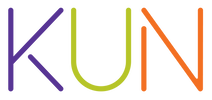
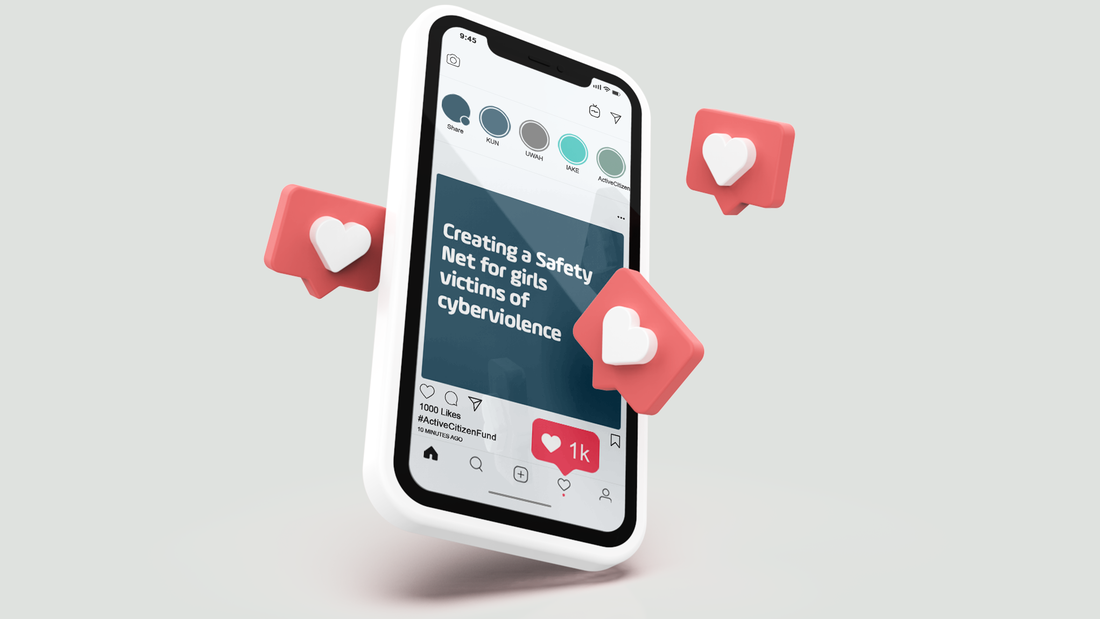
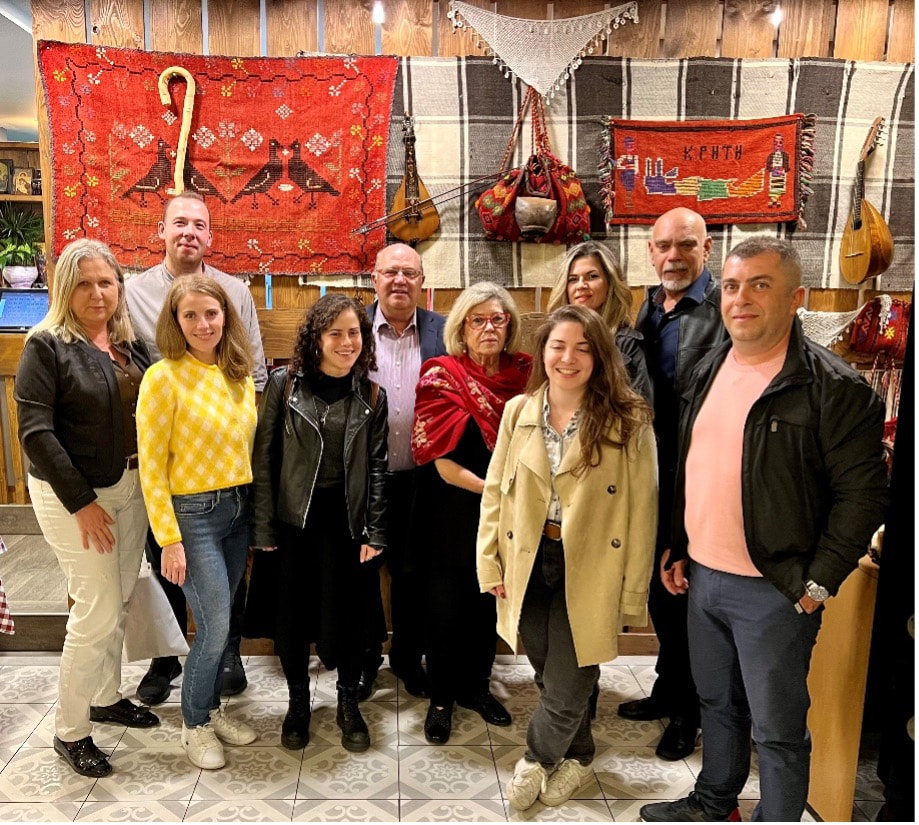

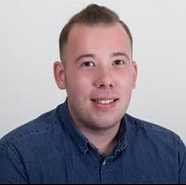
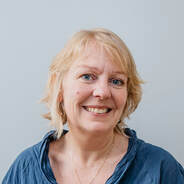
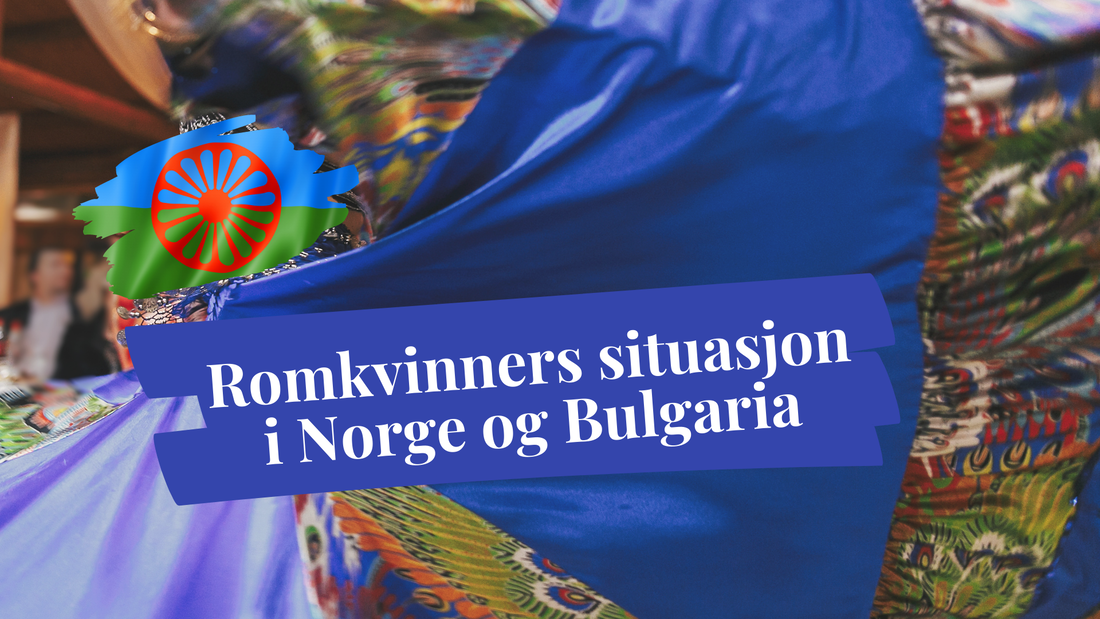
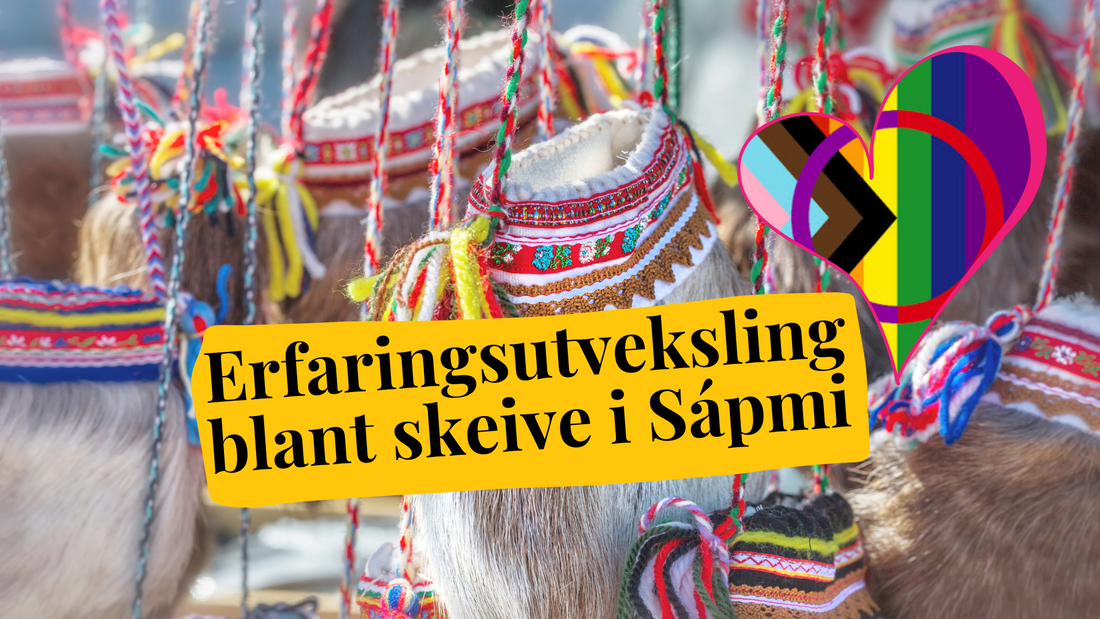
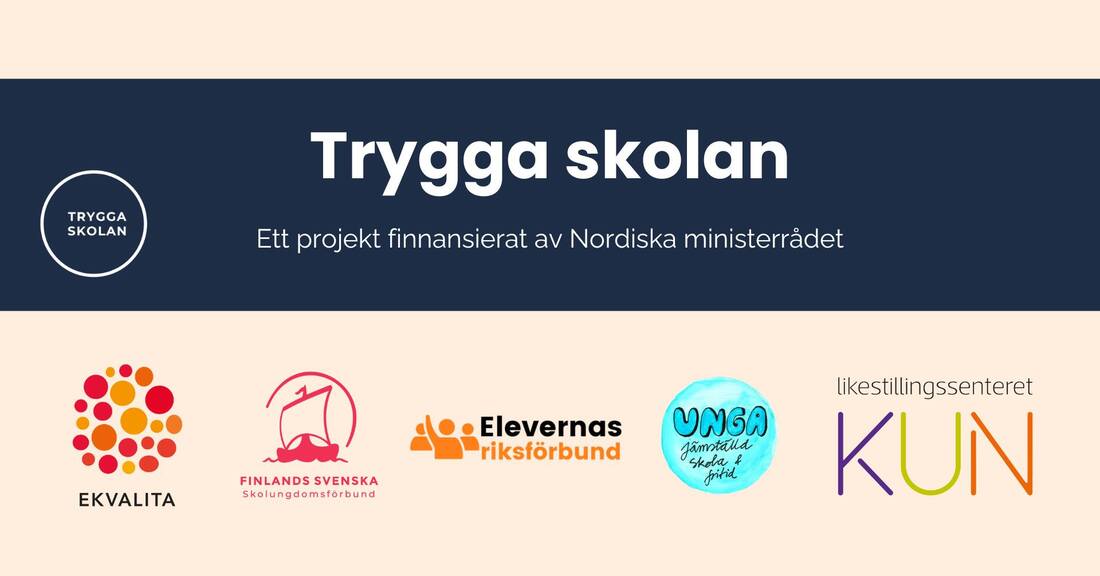
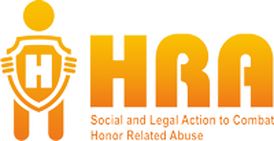
 RSS Feed
RSS Feed